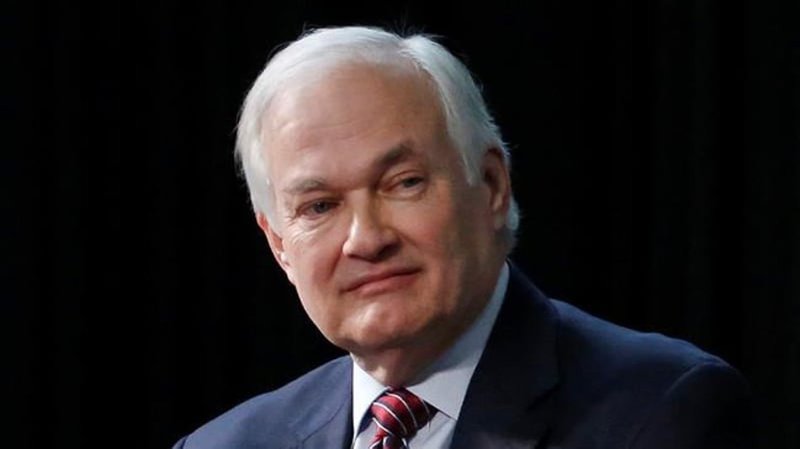
‘I’m really proud’: NHLPA chief on players speaking out about social justice
Don Fehr didn’t attend to his college graduation.
The shootings at Kent State — where Ohio National Guard troops opened fire on students peacefully protesting the Vietnam War — happened about a week before he was scheduled to receive his degree from Indiana University in the spring of 1970.
“I’m a child of the ’60s,” said Fehr, the executive director of the NHL Players’ Association. “I am a child of the civil rights movement. I am a child of the Vietnam War protests.”
The current demonstrations across the United States and around the world against police brutality following the death of George Floyd, a black man who died after a white Minneapolis officer put a knee on his throat for nearly nine minutes, echo those turbulent times.


